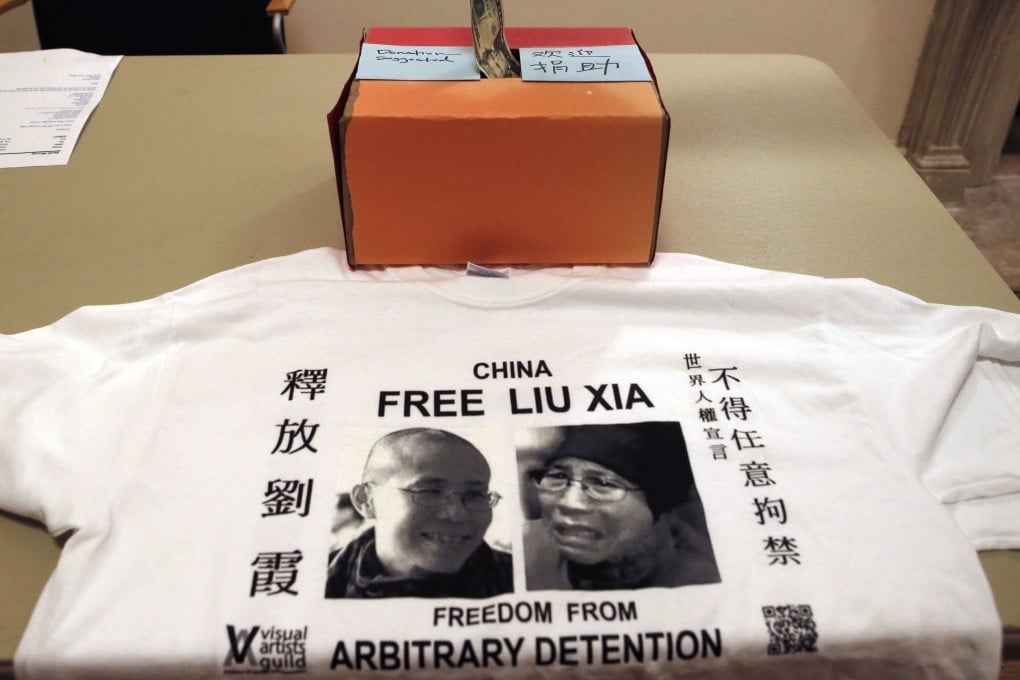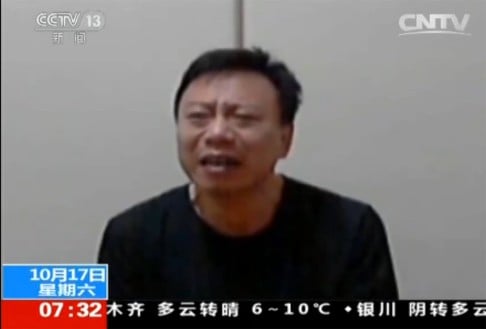‘Sins of the father’: How China targets children of lawyers and activists as crackdown widens

Wang Yu had her eyes shut and was panting nervously. The normally spirited lawyer, who has been held incommunicado in police custody for three months, was visibly distressed in footage shown on a state television newscast last Saturday.
In a separate shot, her husband Bao Longjun, also detained since July, broke down in tears, clasping his hands over his head.
A narrator said Wang fainted while Bao broke down after hearing that their son had been caught after he entered Myanmar earlier this month while trying to flee abroad with the help of two men.
However, what the state broadcaster failed to mention was that earlier 16-year-old Bao Zhuoxuan had had his passport confiscated after he and his father were about to board an aircraft to go to Australia, where he was to start school in early July.
